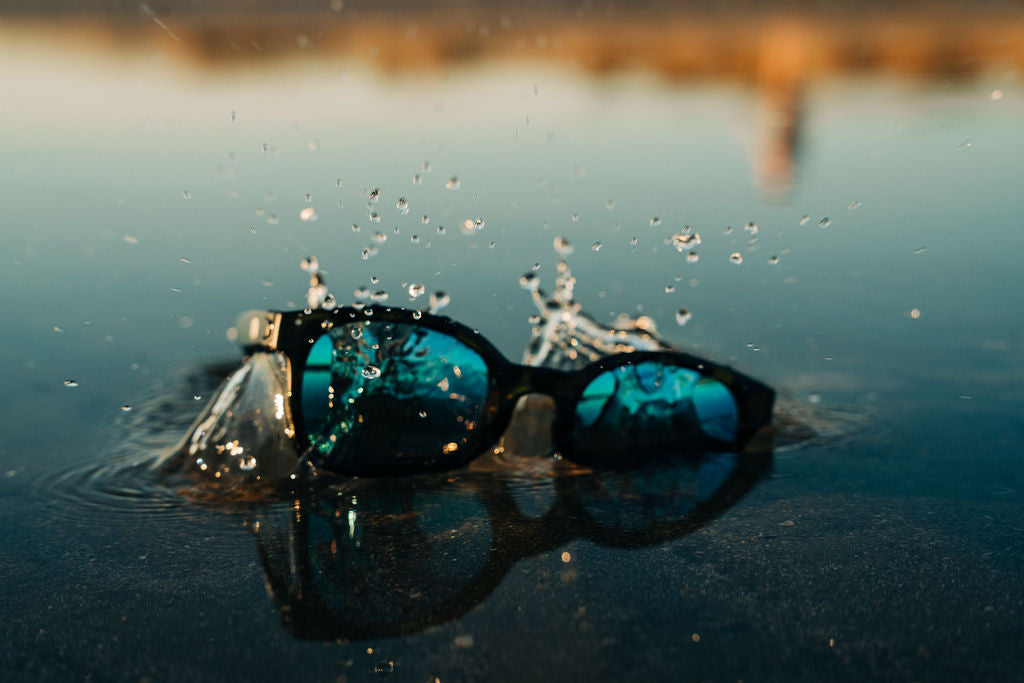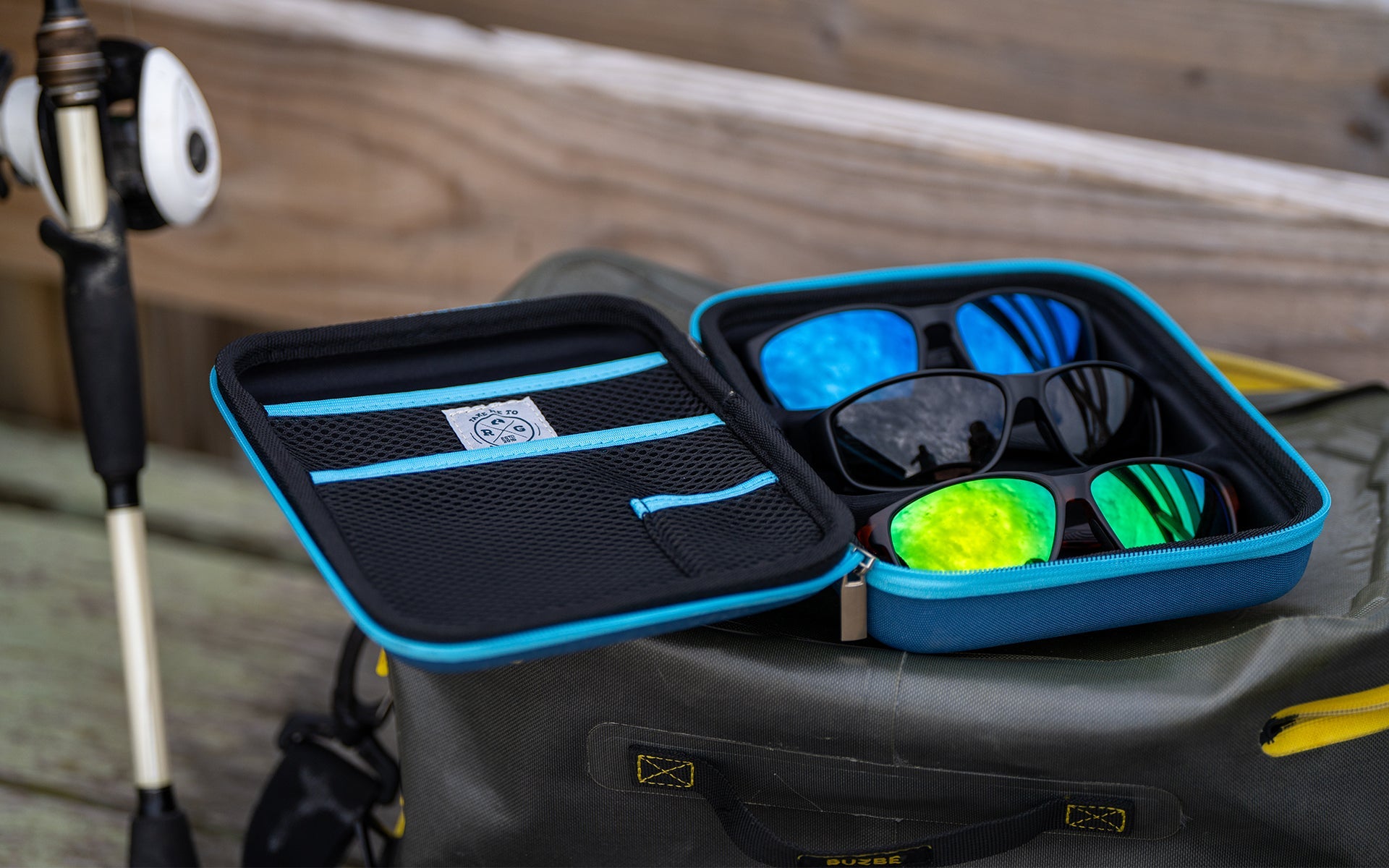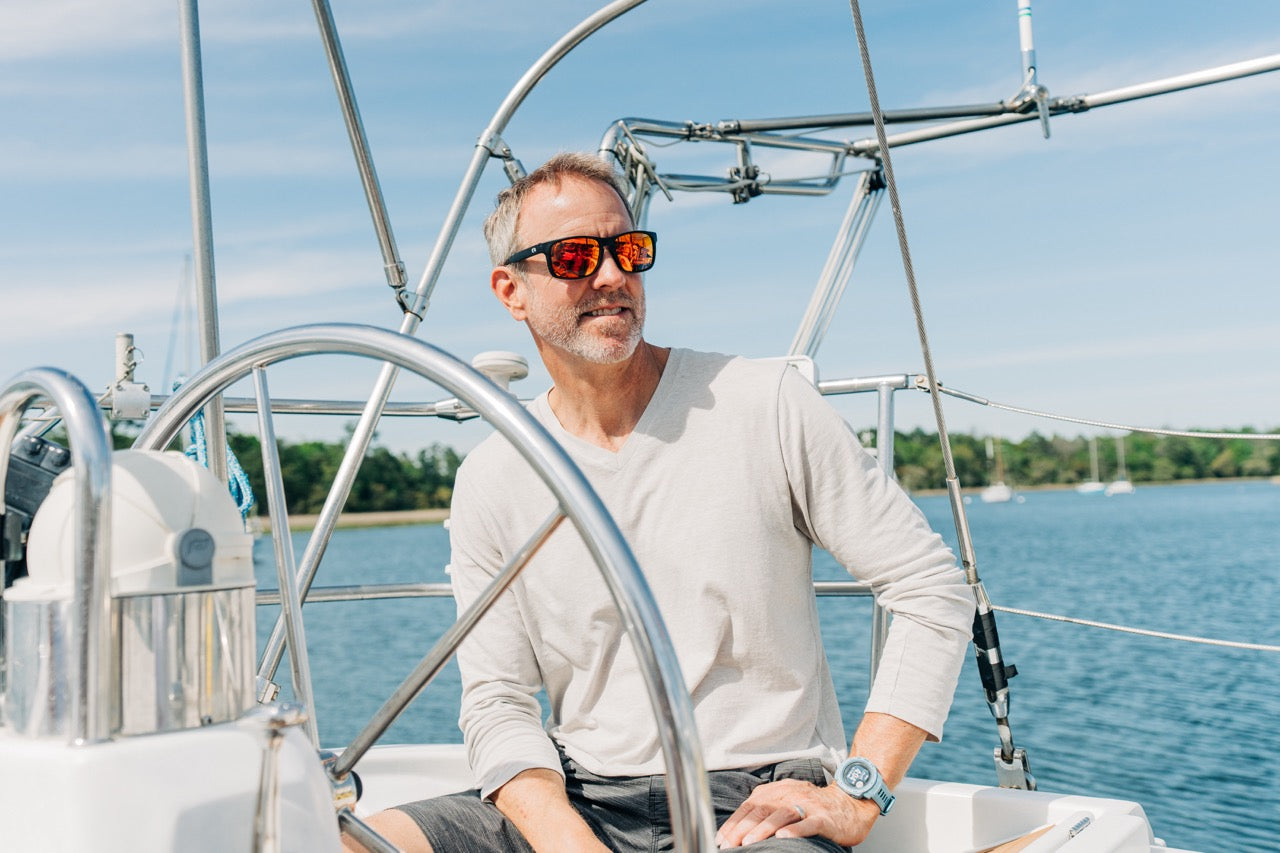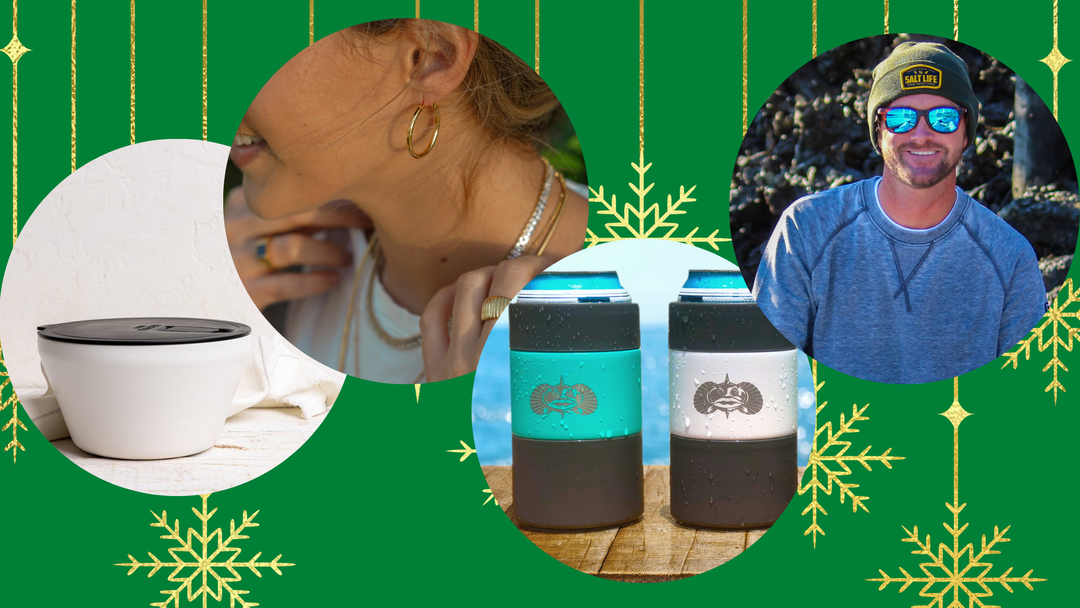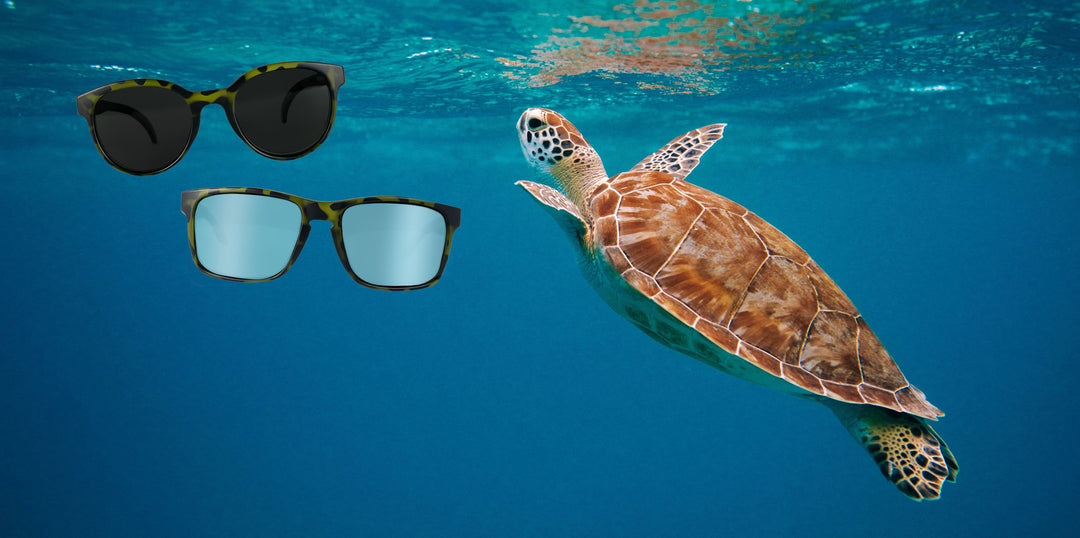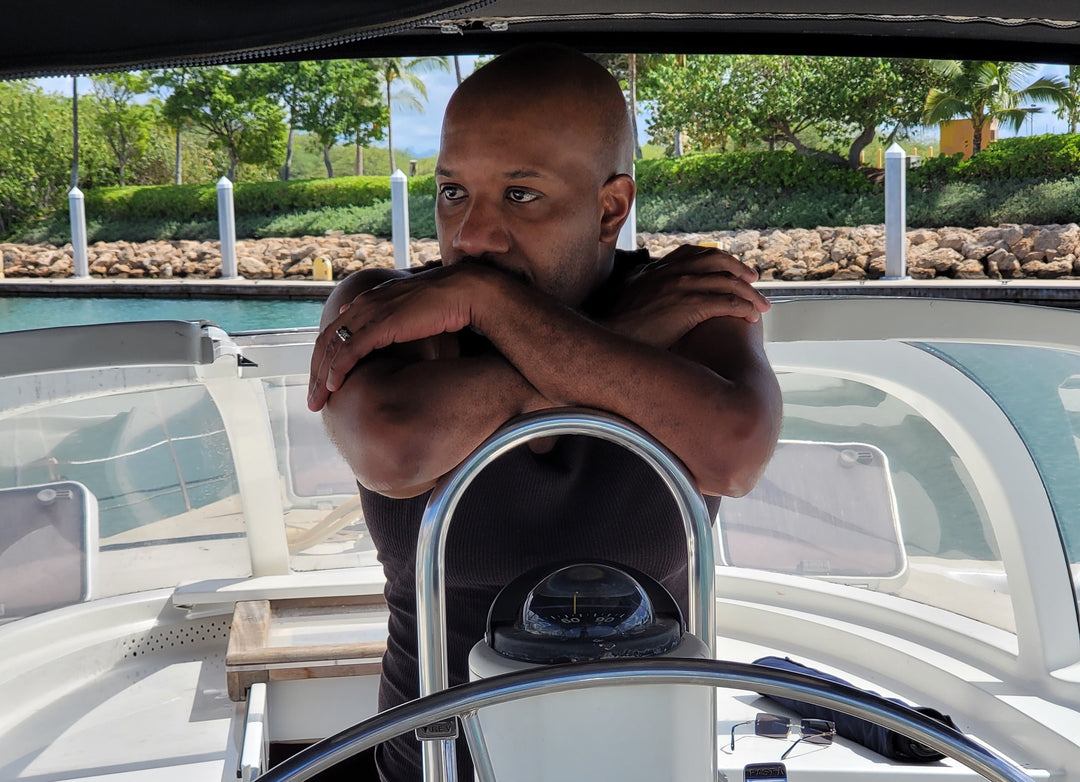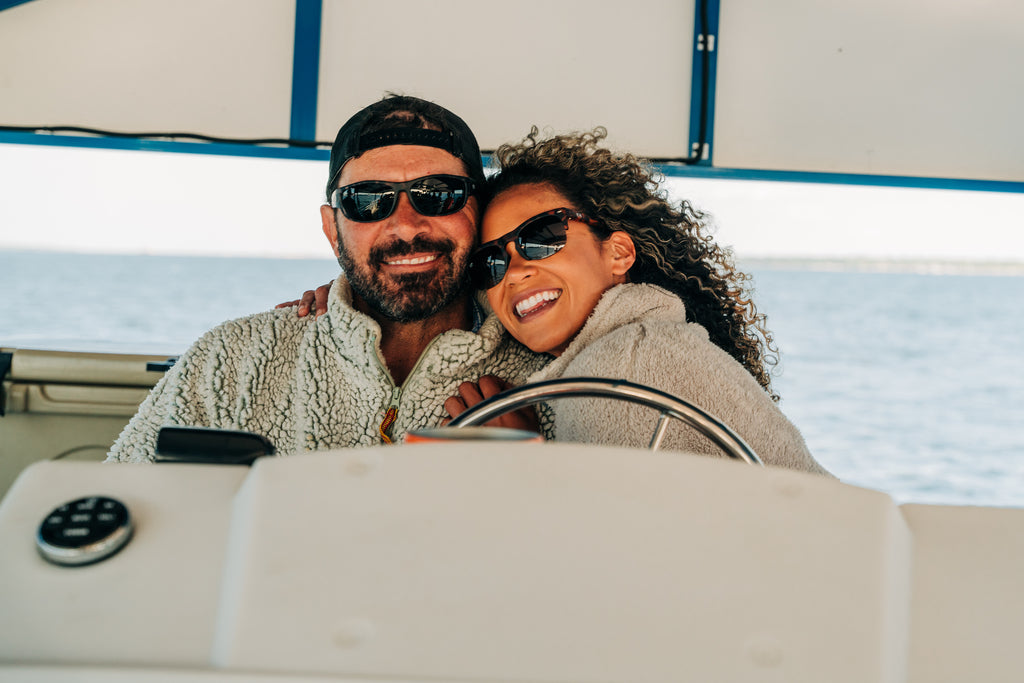Are You Living By The Fisherman’s Code?
When you embarked on your first fishing trip, rod and line in tow, you agreed to follow the unspoken rules of the Fisherman’s Code. Passed down from one generation to the next, these are the commandments that every true fisherman should follow.
1. Listen to the laws.
Regulations are in place for a reason, namely to protect the environment and preserve fishing for centuries to come. When too many fish are taken away from their natural ecosystem, nearly everything from reproduction to maturity is impacted, and closely-linked food webs are all in danger. Overfishing can disrupt the next year’s potential for catches — ultimately hurting everyone.
2. Take care of your unwanted fish. Conserving fish, no matter how small, is important to maintain a healthy ecosystem; practice safe catch and release of the fish you don’t want. Successfully release fish by gently holding them by the belly with wet hands. Lower them into the water and move them back in forth, to help water pass through the gills. Release when you feel the fish is able to swim away.
3. Get rid of your old gear — onshore.
Although our shades were made to handle falling overboard, tossing fishing line and nets in the water can kill marine life and cause serious complications. Make sure you properly dispose of old gear when you dock and learn sustainable techniques so you aren’t contributing to excess waste. For example, pole and line fishing is one of the most sustainable methods you can practice, and line-caught fish is often of better quality of capture if you treat your fish right.
4. Cleanup after yourself.
Speaking of gear, make sure you have one of the single-most important things on board with you at all times — a trash can. Cigarette butts, empty soda bottles, paper and plastic trash all belong in a bag on your boat, awaiting proper disposal once you get to shore.
5. Do not introduce harsh cleaners into the water.
The way you clean your boat has a lasting impact not only on your vessel, but on the water as well. First and foremost, make sure you clean your boat on land. Even phosphate-free, non-toxic cleaners can harm local marine life. Wash your boat frequently and make sure you rinse with fresh water to avoid chemical buildup.
6. Watch the speed limit.
Many places keep a 100-foot rule for boaters to ensure no one is hurt by a wake. When you speed through a marina or the ocean, you can cause large wakes that can overtake small boats, contribute to shoreline erosion and harm seagrass beds. You may want to test your engine, but it’s better for everyone if you take things slow and easy.
7. Paint with care.
It’s incredibly important to keep the hull of your boat free from marine growth. A couple of coats of quality antifouling paint will help your boat perform its best and reduce your fuel costs. But the paints and solvents are still toxic. Do yourself and your waterways a favor and paint right after the season has ended so you’re ready to go in the spring.
8. Don’t use nature when nature calls.
Fisheries can be shut down because of human waste. Even if you don’t have a bathroom on board, it’s best to wait to do your business until you’re on shore. Your waste impacts water quality, harming marine life and future fishing.
9. Keep toxins, such a soil, gas and antifreeze, out of the water.
Be mindful of the way you change the oil in your boat or fill it up with gas. Oil can destroy entire fish populations because of the negative impact it can have on fish eggs. Protect marine life and ensure you’re following boat maintenance by-the-book. If it’s toxic for you, it’s not going to be healthy for any marine life either.
